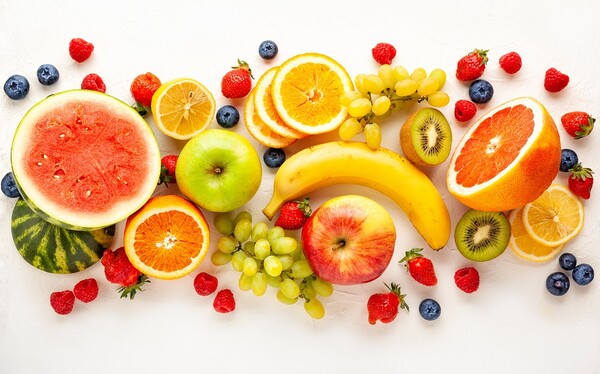
After a meal, it is generally fine to consume fruit without worrying about it rotting in your stomach. Centuries ago, Europeans engaged in debates regarding the optimal timing for fruit consumption. During the early Middle Ages, prevailing wisdom favored consuming harder-to-digest foods first, while in the late Middle Ages, the belief shifted to advocating for the consumption of lighter foods before heavier ones to prevent spoilage. This perspective persisted despite later anatomical understanding that the stomach efficiently mixes with food during digestion. Medieval European physicians adhered to the belief that fruit should be eaten before meals, as they feared that sweet fruits such as peaches, grapes, and melons if consumed after a meal, might linger in the stomach and undergo rot. Contrary to this notion, food does not rot in the stomach. The gastric juice produced by the stomach contains hydrochloric acid, a potent substance that prevents such decomposition. It's worth noting that the stomach and esophagus constitute the least bacterial regions within the human digestive system.
Until the early 20th century, there were still individuals who held the belief that food could spoil in the stomach, generating toxins. However, during this period, the focus shifted from the stomach to the intestines. The prevailing theory suggested that food could rot in the large intestine, leading to the production of toxins and subsequent self-poisoning. Some doctors advocated for the removal of a portion of the long large intestine as a solution to this perceived problem. Sir William Arbuthnot Lane, a prominent British surgeon, went so far as to perform numerous colectomies in an attempt to cure constipation and prevent self-poisoning. However, this practice was deemed unnecessary and dangerous. By the 1920s, Lane's theory of self-inflicted poisoning had already been discredited by academic experts.
Experiencing gas after consuming fruit is not necessarily a sign of spoilage. When gut microbes utilize unabsorbed food components in the digestive tract, it is called fermentation rather than spoilage. Substances like fructose, oligosaccharides, and sugar alcohols, prevalent in fruits, serve as food for gut microbes, known as prebiotics. Fruits such as apples, pears, mangoes, cherries, and vegetables like onions, garlic, and leeks are rich in these substances, contributing to improved gut health. However, individuals with irritable bowel syndrome (IBS) may experience exacerbated stomach aches and gas from such foods.
Consuming fruit after a meal can help dilute these components in the stomach, potentially reducing discomfort. Conversely, some people find that consuming a small amount of fruit before a meal causes less discomfort. For those with IBS, eating small, frequent portions of any food may alleviate symptoms. Importantly, regardless of when the fruit is consumed, it does not undergo rot in the intestines or produce toxins.
In his book, "The Essays of Michel de Montaigne," the 16th-century French thinker Montaigne said individuals are often misled by their desires, leading them to believe in things that may not be true. This tendency persists into the 21st century, despite remarkable advancements in science. Let us commit to making this year the one in which we critically examine the validity of our beliefs, ensuring that they align with scientific understanding.

Jeong Jae-hoon is a food writer and pharmacist. He covers a variety of subjects, including trends in food, wellness and medications. This column was originally published in Korean in Joongang Ilbo on Jan. 4, 2024. – Ed.
Related articles
- [Column] Why wound healing slows with age
- [Column] Why are drug instructions so hard to understand?
- [Column] Why you should eat vegetables and proteins first
- [Column] The adverse impact of prolonged sitting on health
- [Column] What’s wrong with eating tanghulu?
- [Column] When side effects are good news
- [Column] Does lying down after taking medication speed up absorption?
- [Column] How to keep your New Year’s resolutions
- [Column] Foods that are really bad for your stomach
- [Column] Why it's better to buy twigim instead of cooking it at home
- [Column] The truth about breakfast choices
- [Column] Why eating microplastics is harmful
- [Column] Does the apple cider vinegar diet work?

